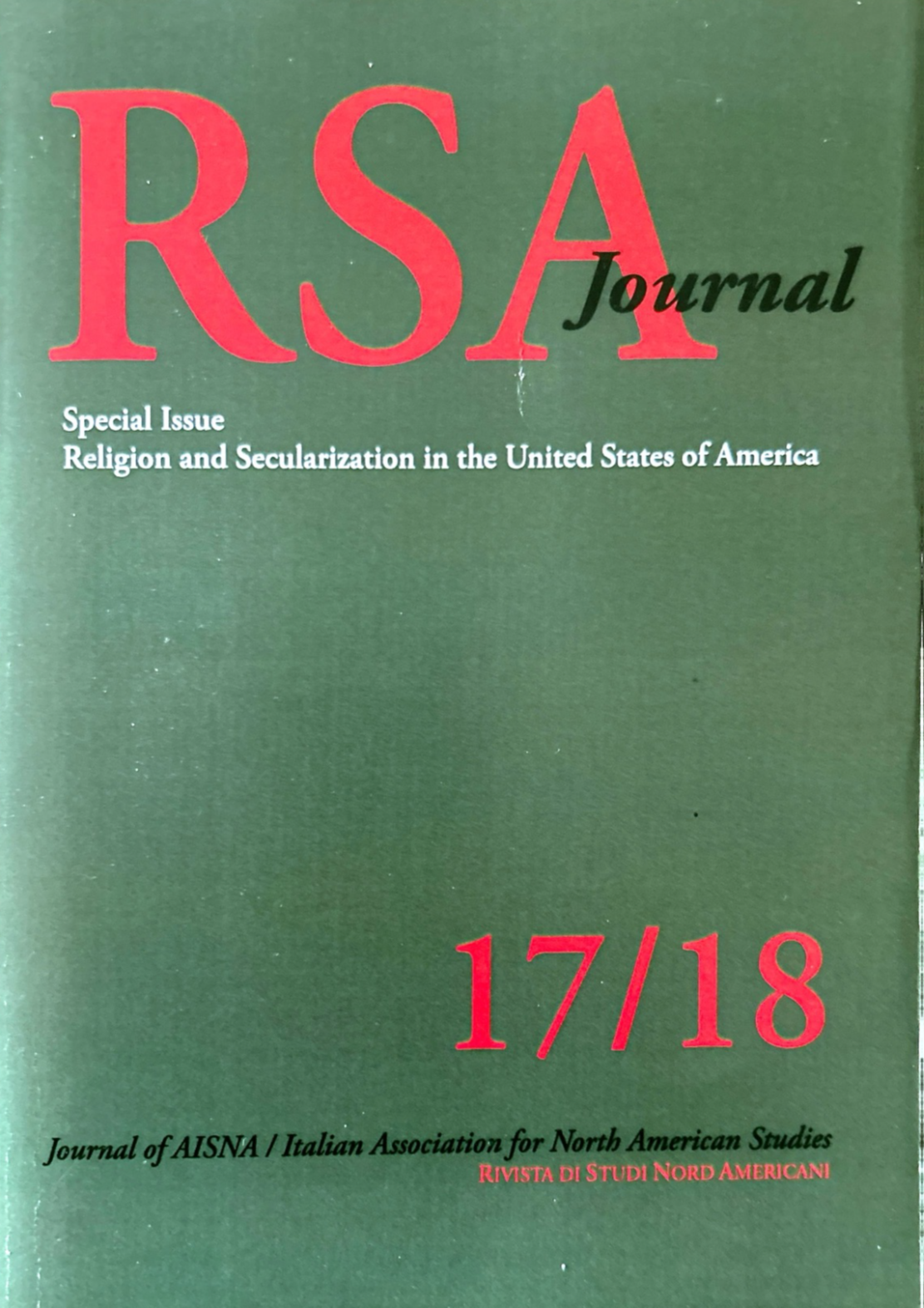Islam as the New Frontier
America at Work in the World
DOI:
https://doi.org/10.13135/1592-4467/8791Keywords:
Islam, the new frontier, religion, secularizationAbstract
Starting from a consideration of the United States as affected by the context of global power relations as well as affecting it, this essay investigates a number of key issues in American self-understanding and suggests their relevance to an understanding of the US attitude to the Islamic world and to Iraq. The conceptual retooling of European Orientalism into a narrative of unbounded expansion; the inherent global reach of the US millennial tradition of (self-)redemption, with the consequent ambiguous entwining of liberation and imperialism; the ambiguous relationship of the US to modernization as democratization – simultaneously expressing a commitment to the secular and a deep investment in the sacred – , and the inevitable political violence marking such a revolutionary project in its very philosophical foundations; the endurance of the frontier narrative as creating a permanent “injun country,” marked by the continuity between a logic of violent encounters outside, and of the ghetto and imprisonment inside the nation: these are some of the cultural issues that the essay examines, linking them to the US role in the current global field of power.
Downloads
Published
Issue
Section
License
RSAJournal will apply a CC BY 4.0 license to all its contributions starting with issue 37 (2026). Previous issues are licensed under a CC BY-NC-ND licence.





